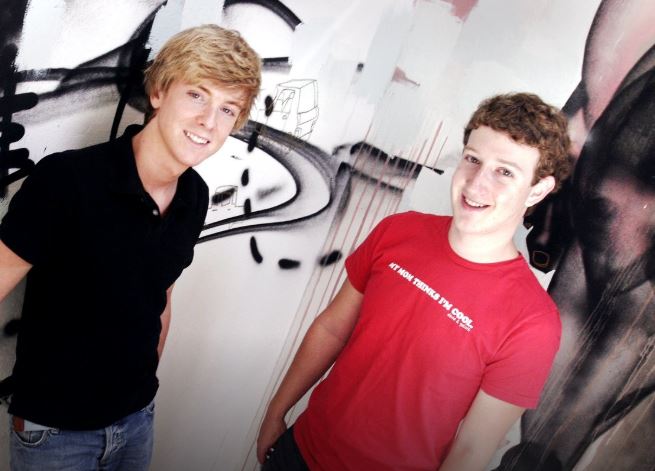Chris Hughes, a co-founder of Facebook, says the social networking giant has stifled innovative startups and competitors with its dominating strategy.
Hughes also called on the US government to break up Facebook’s business model to democratise its monopolistic power.
In an opinion piece dated May 9, and published in the New York Times, Hughes said Mark Zuckerberg, Facebook CEO, has unprecedented power to “monitor, organize and even censor conversations of two billion people”.
“He controls three core communication platforms—Facebook, Instagram and WhatsApp—that billions for people use every day. Facebook’s board works more like an advisory committee than an overseer because Mark controls around 60 per cent of voting shares,” Hughes said.
“Mark is a good, kind person. But I’m angry that his focus on growth led him to sacrifice security and civility for click”.
I’m calling for breaking up @Facebook in an essay in the @nytimes. FB has become too big and too powerful, and it’s part of a trend in our economy of an increasing concentration of corporate power. We can fix this: break the company up and regulate it. https://t.co/34rITPfvJ9
— Chris Hughes (@chrishughes) May 9, 2019
Advertisement
Hughes also noted some privacy scandals that have trailed the social media company recently and its ongoing negotiation with the federal trade commission (FTC).
He added that neither the measures of fine instituted by the FTC nor Facebook’s plans to beef up users’ data protection will make any difference.
According to him, Zuckerberg’s monopolistic business strategy to shut down competitors is responsible for the absence of any major social media innovator since 2011.
“Investors realize that if a company gets traction, Facebook will copy its innovation, shut it down or acquire it for a relatively modest sum,” he said.
“So despite an extended economic expansion, increasing interest in high-tech start-ups, no major social networking company has been founded since the fall of 2011.”
He also stated that although government regulations are required to ensure privacy protection, users may choose to still stay on Facebook due to the absence of alternative platforms.
Hughes said if the government insists on not breaking up or regulating the company, Facebook’s monopoly will become more entrenched that competitors will have no equal opportunity to compete with Facebook for decades to come.
Copyright 2025 TheCable. All rights reserved. This material, and other digital content on this website, may not be reproduced, published, broadcast, rewritten or redistributed in whole or in part without prior express written permission from TheCable.
Follow us on twitter @Thecablestyle

